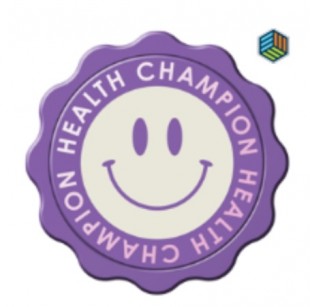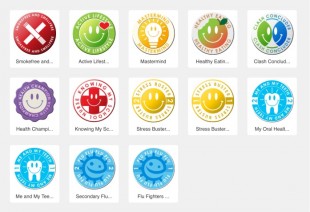 Children have a drive to be independent and do things on their own. This is a healthy part of normal child development. As children grow, they learn to do more and develop more understanding about their own health and wellbeing. Improving health literacy amongst children is so important and we have opportunities as public health nurses to work with parents, schools and community stakeholders to ensure children are equipped to understand and seek help for their own health and wellbeing.
Children have a drive to be independent and do things on their own. This is a healthy part of normal child development. As children grow, they learn to do more and develop more understanding about their own health and wellbeing. Improving health literacy amongst children is so important and we have opportunities as public health nurses to work with parents, schools and community stakeholders to ensure children are equipped to understand and seek help for their own health and wellbeing.
The primary school years are a time of immense change and opportunity for young children; they are exposed to many new experiences, which will help the child on their journey to independence and adulthood. We can help children become independent by allowing and encouraging them to take responsibility for themselves whenever possible. It can be faster to things for children, but they learn so much from doing things for themselves. Children gain confidence in their ability to try new things, build their self-esteem and pride in their independence.
The emotional wellbeing of children and young people is enhanced through building self-esteem and self-efficacy, reducing bullying behaviour, reducing risk-taking behaviours and supporting the development of social and emotional skills. This may also improve the child’s interest in their learning, lead to better school attendance and improve attainment.
School nurses working with education providers have the opportunity to introduce key public health messages to children and parents. We know children are keen to learn about their body and how it works, school nursing teams can through their contacts with children, introduce health promotion messages including; physical activity, health eating, dental health, immunisation and hand hygiene.
Children learn best when it’s fun and interactive, a great example is the makewav.es digital badges https://www.makewav.es/badgelibrary The badges provide an opportunity to work with children to increase awareness of key issues affecting the health and wellbeing being of children including; oral health, stress, active lifestyle, and healthy eating (including sugar swaps!). This short film explains from a teacher perspective the benefits of the badges https://www.makewav.es/story/773399/title/knowyourhealthearnthebadges
 The health champion badge encourages children to promote healthy living within their school, family, or local community. Perhaps this will be a huge step forward in terms of community based assets and health coaches of the future?
The health champion badge encourages children to promote healthy living within their school, family, or local community. Perhaps this will be a huge step forward in terms of community based assets and health coaches of the future?
Encouraging children of all ages and ability to engage in their own wellbeing is essential - we need them to be active participants in their own care and to prepare them with the skills to support a life time of health and wellbeing. The secret to success is to give children age-appropriate experiences and provide the appropriate supports to help children be successful. We must however remember that adults are important role models - children learn a great deal from watching us!
Wendy Nicholson, Lead Nurse Children, Young People and Families, Public Health England
We've also created a single-side A4 document to capture the story so far for the school nursing service:

